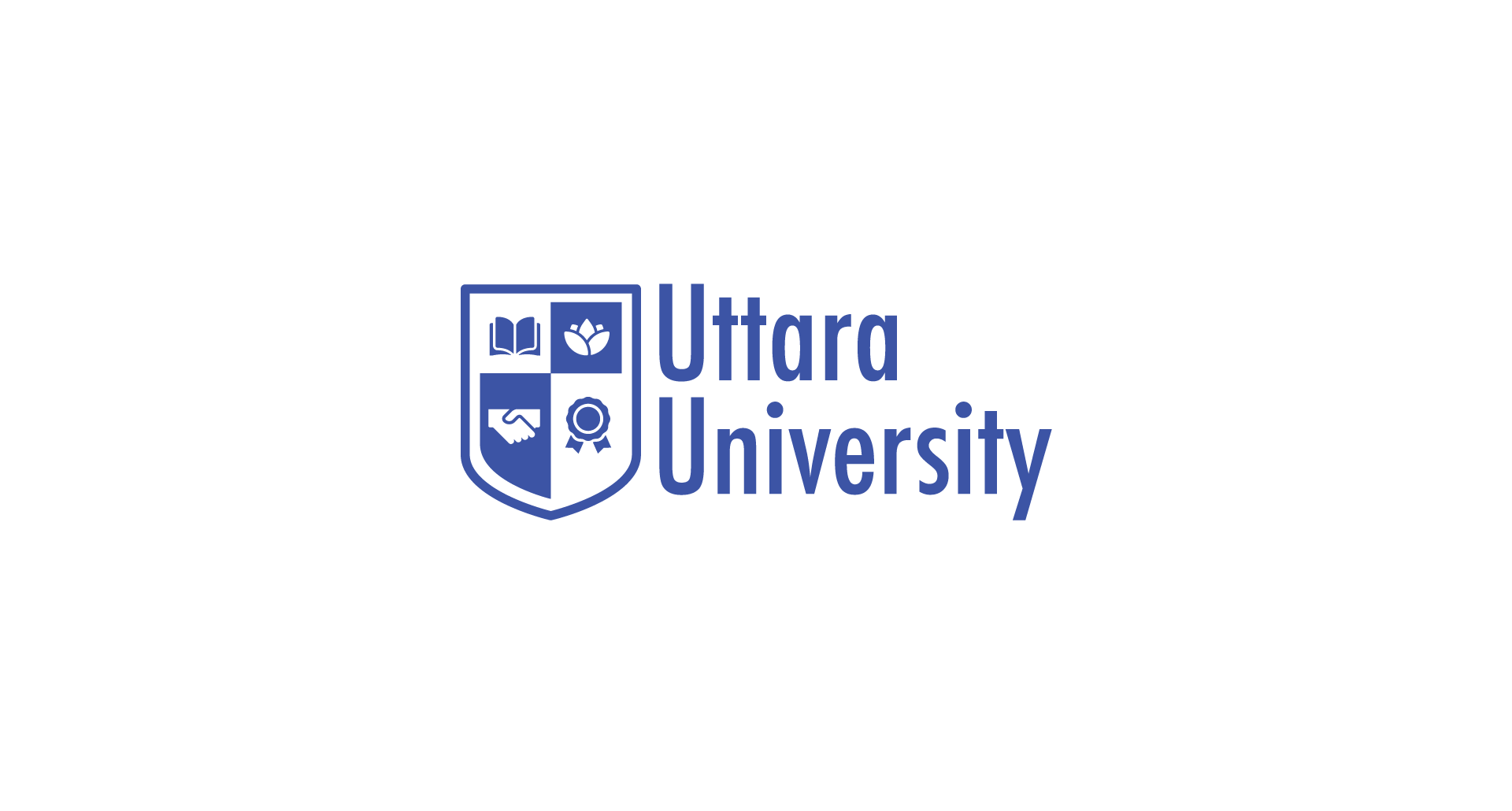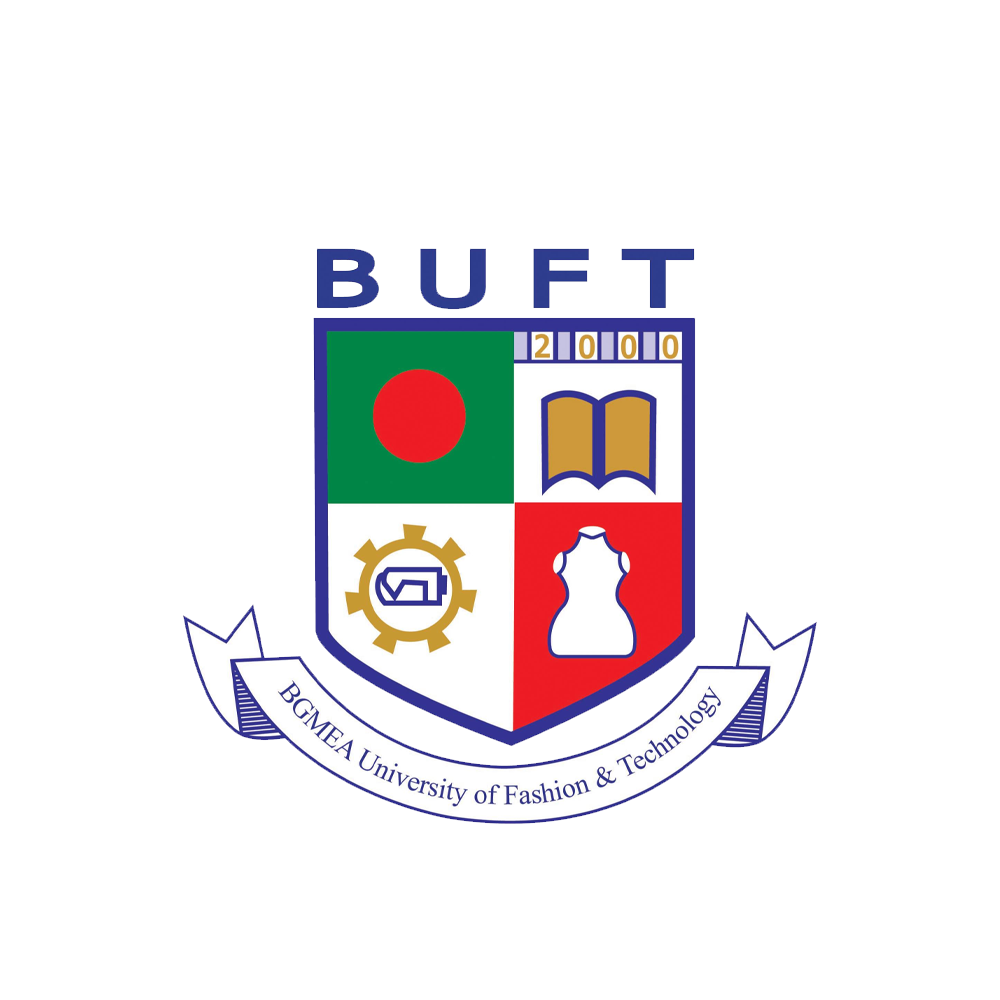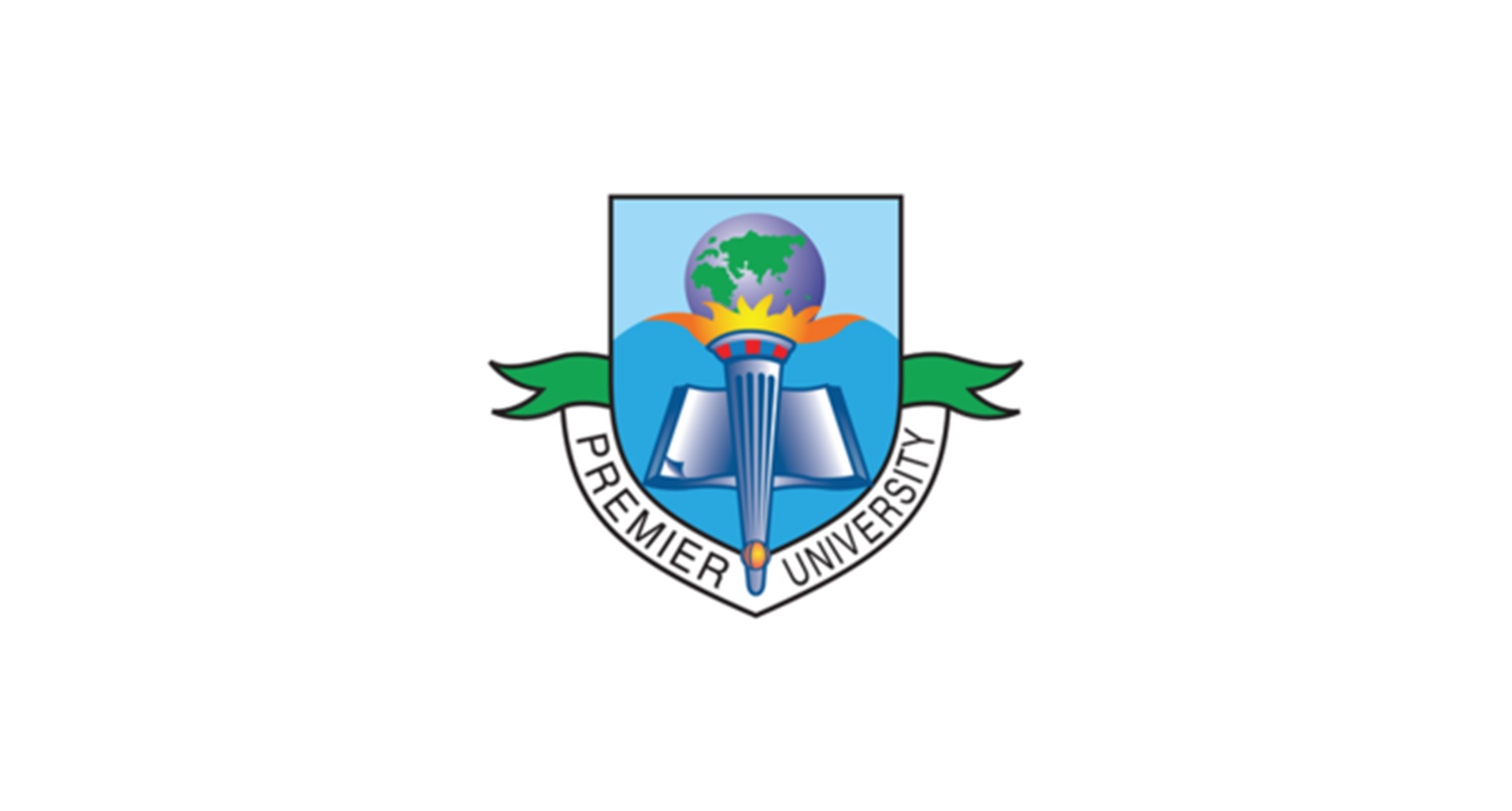Textile Engineering
Textile Engineering remains one of the most significant engineering disciplines in Bangladesh due to the country’s strong reliance on the ready-made garments (RMG) and textile sectors. With Bangladesh being one of the world’s largest exporters of garments, Textile Engineering has emerged as a critical field of study offering direct industry relevance, employment opportunities, and prospects for innovation in materials, manufacturing processes, and sustainability.
The field encompasses the study of fibre science, yarn and fabric manufacturing, textile chemical processing, apparel engineering, quality control, and industrial management. As global demands shift towards more efficient, sustainable, and value-added production, the role of textile engineers becomes increasingly important in keeping the industry competitive.
Opportunities in Bangladesh
Bangladesh’s economy is deeply rooted in the textile and garment industries, making Textile Engineering highly relevant for both employment and entrepreneurship. Graduates in this field are typically recruited by textile mills, garment factories, dyeing and finishing units, spinning and weaving plants, and export-oriented industries. Job roles range from production engineers, quality assurance officers, and merchandisers to research and development professionals.
In recent years, the industry has started to adopt more advanced technologies such as automation, digital textile printing, and sustainable processing techniques. As a result, employers are seeking graduates who are not only technically sound but also familiar with industry trends and capable of implementing modern solutions.
Government initiatives such as the establishment of textile parks and special economic zones have further increased the demand for skilled textile professionals. However, as with other engineering disciplines, a degree alone is not sufficient. Practical training, internships, and familiarity with industrial software (e.g., CAD for apparel design or ERP systems for production management) are increasingly important in securing desirable positions.
Opportunities Abroad
Textile Engineering also offers scope for higher education and employment abroad, particularly in countries with advanced textile industries such as Germany, Italy, Turkey, South Korea, and China. International universities offer postgraduate programmes in technical textiles, textile chemistry, fashion technology, and sustainable materials. Admission to these programmes generally requires a good academic record, IELTS or TOEFL scores, and in some cases, GRE results.
Scholarships are available in many European and Asian countries for textile-related studies. Graduates with foreign degrees may either choose to work abroad in technical roles or return to Bangladesh with enhanced skills and international exposure. There is also growing demand in local universities for qualified faculty members and researchers in textile and apparel engineering.
Textile Engineering remains a vital academic and professional discipline in Bangladesh, offering strong alignment with the country’s core economic sectors. The demand for competent professionals is expected to remain steady as the industry modernises and expands into new global markets. To succeed, students must go beyond classroom learning and focus on acquiring hands-on experience and staying updated with global standards. For those committed to the field, Textile Engineering offers meaningful and stable career opportunities both at home and abroad.





